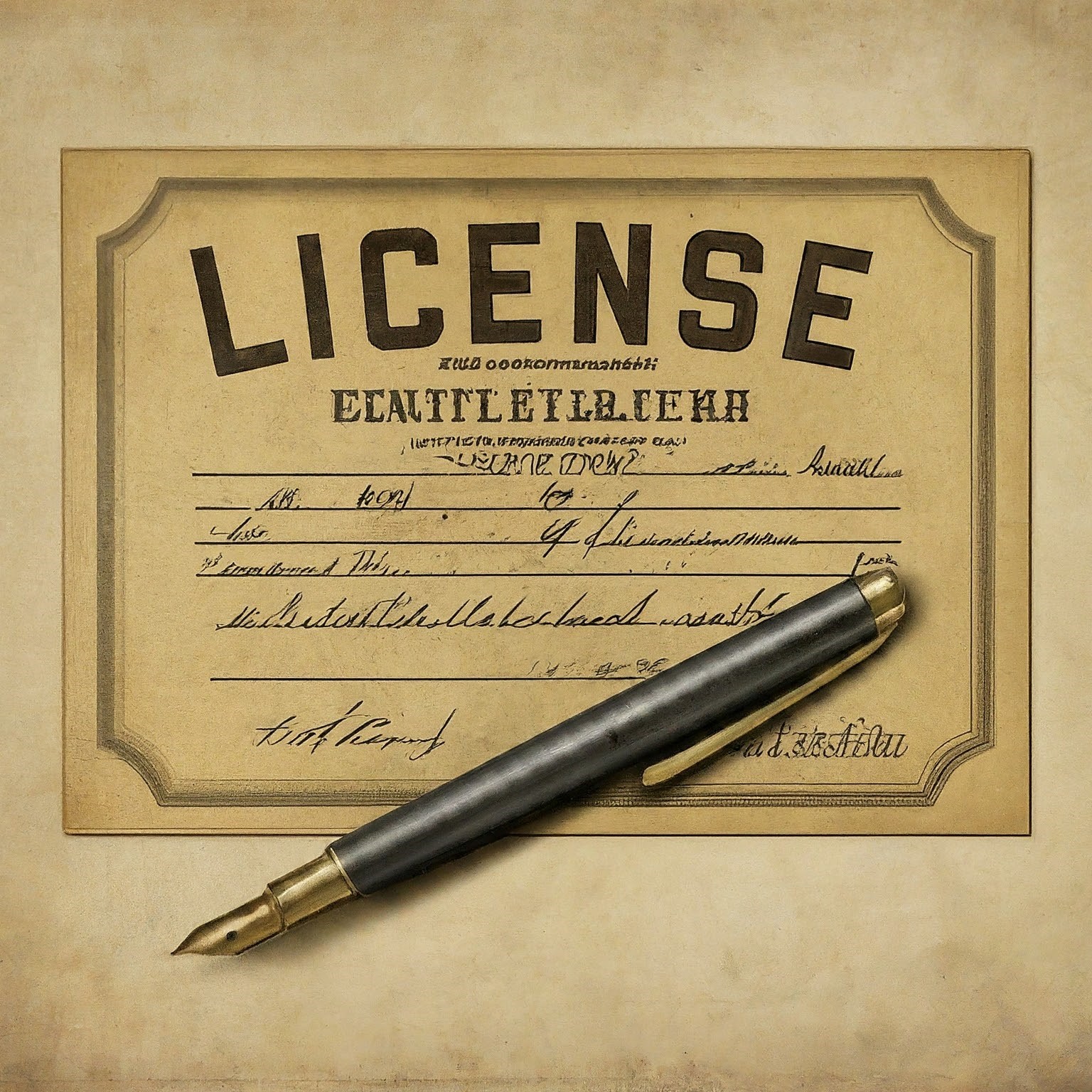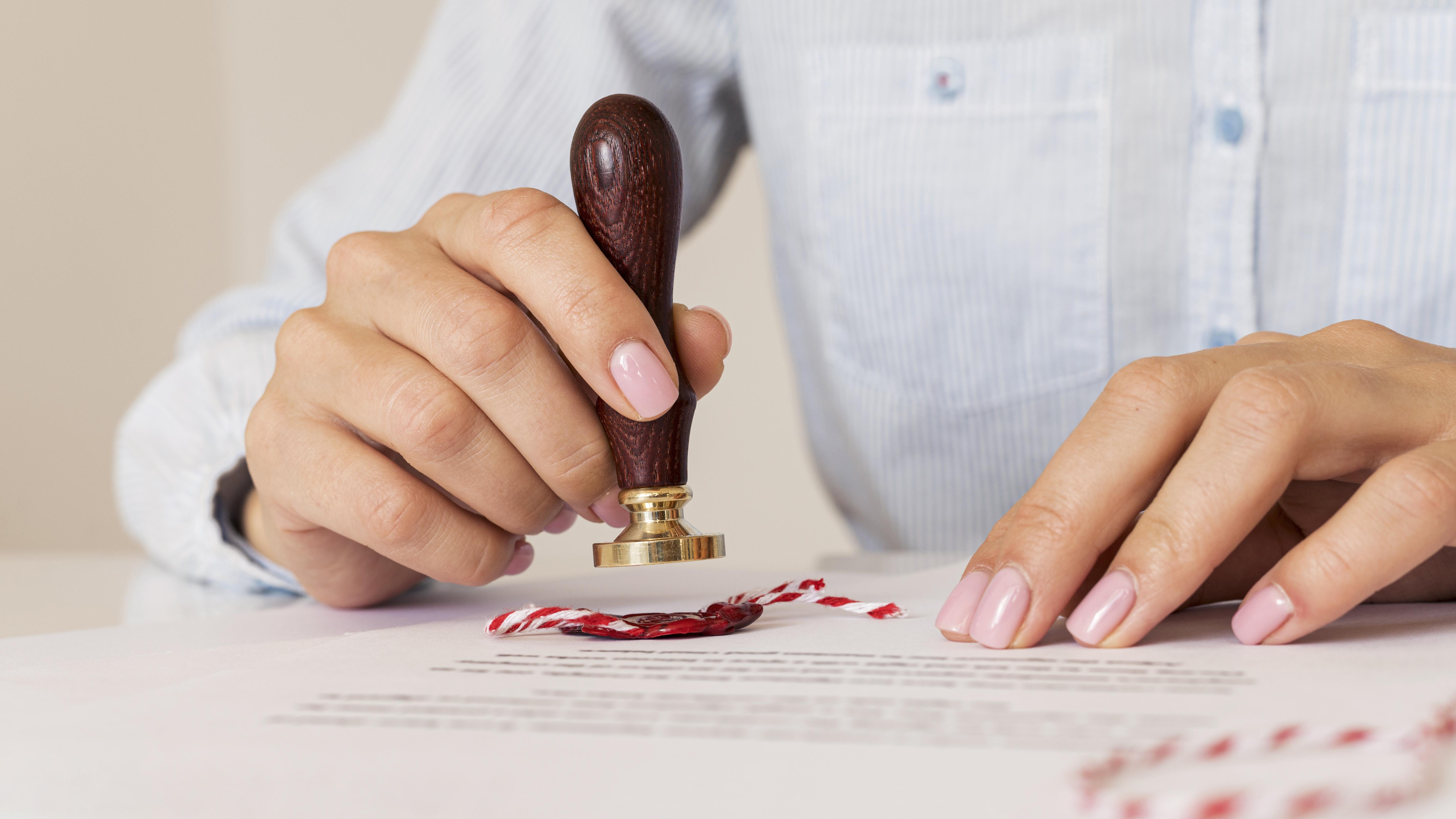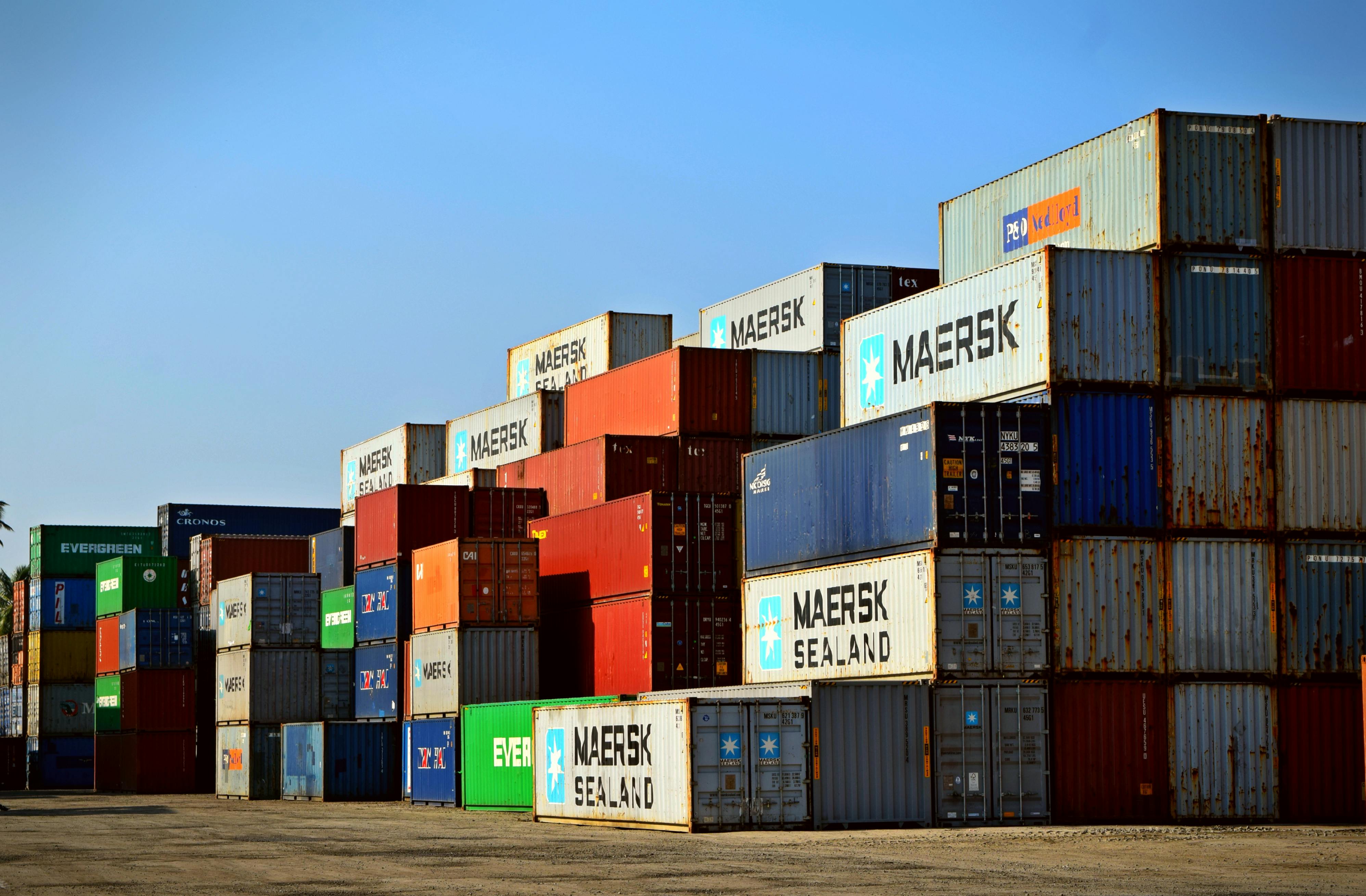Getting a food license in Thailand involves several steps that vary depending on the nature of your food business. Here's a breakdown of the general process and considerations:
1. Determine the Type of License Needed
- Food Production License (Orr. 2): Required for factories or large-scale food production facilities.
- Certificate of Food Production Premises not Recognized as a Factory (SorBor. 1/1): Required for smaller-scale food production not classified as a factory.
- Other Licenses: Additional licenses may apply for specific food products, locations, or activities (e.g., alcohol sales license).
2. Meet Facility and Hygiene Requirements
- Facility Standards: Your production facility or establishment needs to meet standards set by the Thai Food and Drug Administration (FDA). This includes appropriate layout, sanitation, storage, and equipment.
- Hygiene Training: All staff involved in food preparation must undergo hygiene training and obtain certificates.
3. Application Process
- Submit Documents: File the application form (specific to the license type) with the local FDA office or the relevant authority in your area. Required documents typically include:
- Company registration documents
- ID cards of owners and involved staff
- Layout of your production facility or establishment
- Details about the food products
- Proof of hygiene training
- Inspection: An FDA official will inspect your premises to ensure compliance with standards.
- Approval: Upon successful inspection and document review, you'll receive your food license.
Important Notes:
- Specific Requirements: The exact requirements may vary slightly based on your location and the specifics of your food business. It's best to contact the FDA or local authorities for the most up-to-date information.
- Application Assistance: Consultants specializing in food licenses can assist you with the process and understanding the specific requirements.
- Renewal: Food licenses in Thailand typically need to be renewed annually.
Resources:
- Thai FDA website: https://www.fda.moph.go.th/ (Look for sections on food licensing or food entrepreneurs)
- Articles covering the topic:
- Food License in Thailand: [https://thailand.acclime.com/formation/business-licenses/food-license/]
- How to Apply for Permission on Food? - FDA THAI : Food and Drug Administration, Thailand: [https://en.fda.moph.go.th/entrepreneurs-food/category/how-to-apply-for-permission-on-food/]




